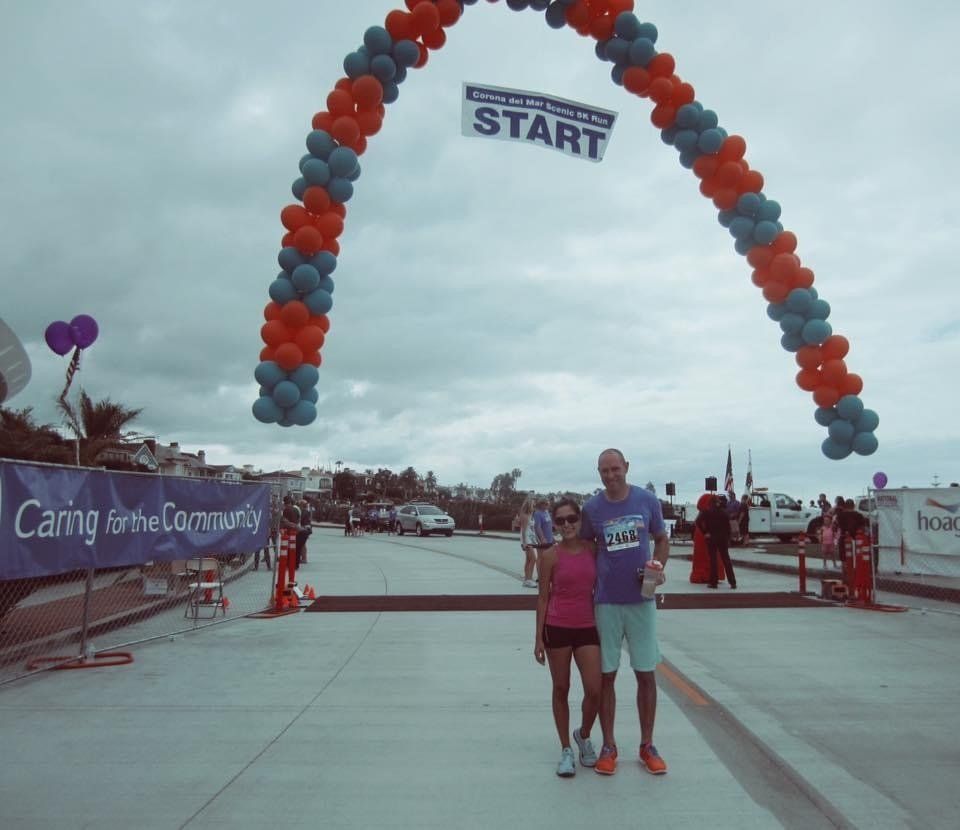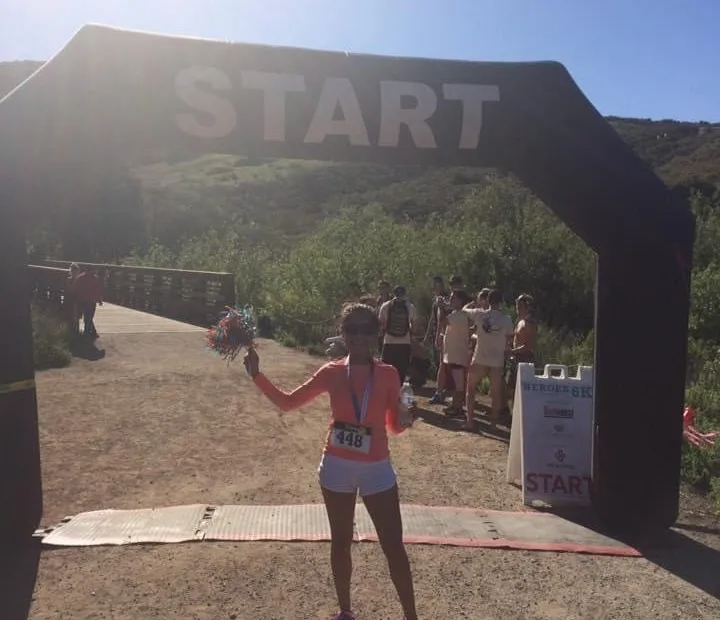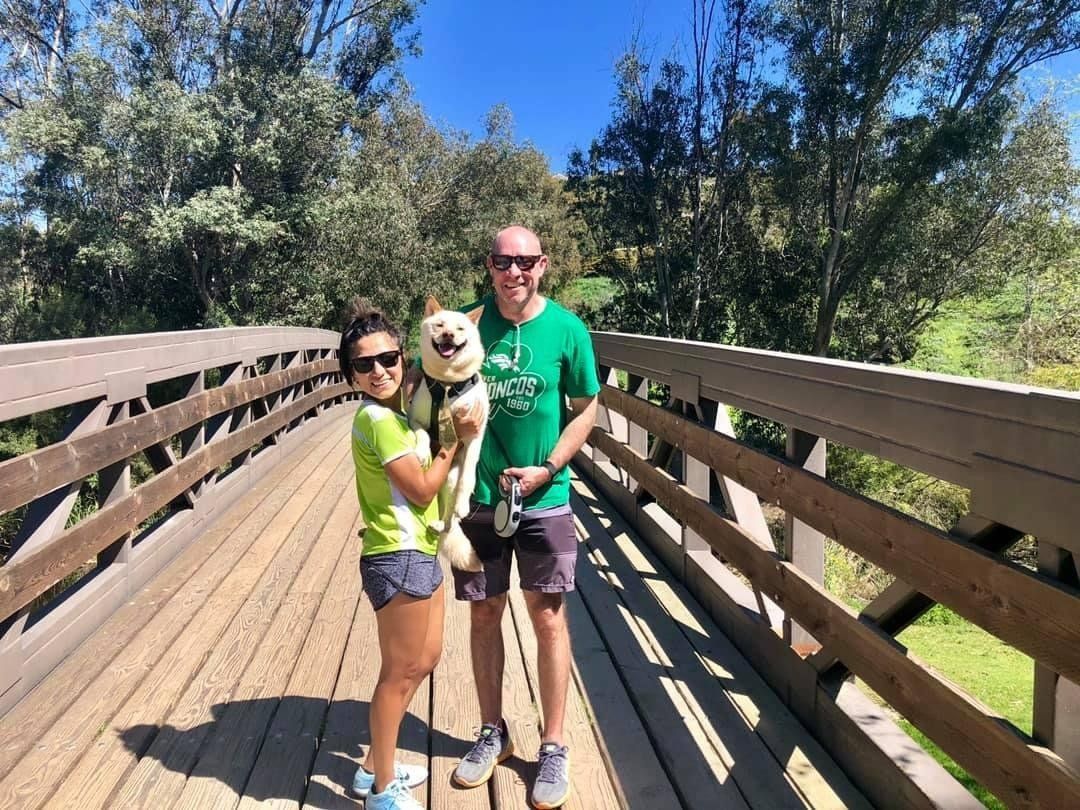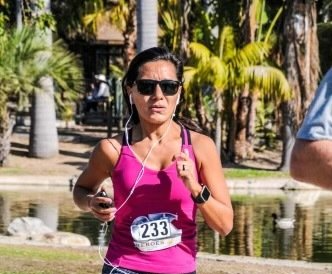Visa P para Atletas o Deportistas
Natalia Hynes • March 16, 2021
¿Qué opción tiene un atleta o deportista para venir a los Estados Unidos de América para competir y entrenar por una larga temporada?
Si me preguntas cuál es el atleta o deportista que más admiro, te responderé Katherine Switzer, sin pensarlo dos veces. ¿Por qué? Dos razones. Primera. Una atleta femenina que es corredora de larga distancias. Los corredores de larga distancia tienen la particularidad de competir contra sí mismos, no contra los demás corredores. La meta ultima de un corredor de larga distancia es mejorar el tiempo que se hizo en la carrera previa.
La condición suprema para obtener una Visa P como atleta o deportista individual es “reconocimiento internacional”
y la manera de acreditar dicha condición es adjuntando al menos dos de los siguientes documentos:
1) Documentación que acredite una participación significativa en una temporada con alguna liga deportiva americana;
2) Documentación que acredite una participación internacional con un equipo nacional;
3) Documentación que acredite una participación significativa en una temporada con un college o universidad americana en competencias interuniversitarias;
4) Una carta emitida por la Federación Oficial del Deporte explicando al detalle como el atleta o deportista es internacionalmente reconocido;
5) Artículos publicados en medios deportivos o expertos en el deporte explicando al detalle como el atleta o deportista es internacionalmente reconocido;
6) Documentos que muestren que el atleta o deportista ha sido rankeado internacionalmente;
7) Documentos que muestren que el atleta o deportista ha sido rankeado internacionalmente;
This Facebook widget is no longer supported.
Segunda. Primera mujer en correr una maratón oficial- Boston Marathon- en 1967. Tremenda hazaña si tenemos en consideración que las mujeres estaban prohibidas de correr dicha maratón en aquellos tiempos. Su historia, he de confesar, me inspiró a correr largas distancias y a admirar el trabajo y dedicación que atletas o deportistas ponen en su cuesta hacia la victoria.
En esa cuesta hacía la victoria, los atletas o deportistas, mucha de las veces, deben viajar a los Estados Unidos de América- la Meca virtual en decenas de disciplinas deportivas- para participar en reconocidas competencias. Aquí, la pregunta se hace lógica y evidente, ¿cómo un atleta o deportista puede ingresar a los Estados Unidos de América para no solo competir sino, además, para entrenar por una larga temporada? Una de las opciones,“Visa P para Atleta o Deportista.”
Asumamos que el atleta o deportista presenta al menos dos de los documentos anteriormente mencionados. En dicho supuesto, el atleta o deportista tiene altas probabilidades de obtener una Visa P de hasta por 5 años. La regulación actual permite renovar la referida visa por un periodo máximo de 5 años adicionales.
Finalmente, la Firma Santos Lloyd Law ha contribuido en obtener Visas P para varios atletas de diversas disciplinas deportivas como Jiu-Jitsu (en todas las divisiones), MMA, capoeira, kickboxing, póker, remo, entre otras disciplinas.
Si tienes alguna pregunta acerca de las Visas P para atletas o deportistas, por favor no dudes en agendar una cita de registro totalmente gratuita.
La Firma Santos Lloyd Law espera trabajar contigo para contribuir en tu cuesta.
This blog is not intended to be legal advice and nothing here should be construed as establishing an attorney client relationship. Please schedule a consultation with an immigration attorney before acting on any information read here.

In recent weeks, the U.S. government has moved to terminate Temporary Protected Status (TPS) for multiple countries, sparking a wave of last-minute litigation and creating significant uncertainty for beneficiaries. This shift is having a profound impact on those who rely on TPS for lawful presence and work authorization in the United States. Across the country, federal courts have intervened to pause or block scheduled TPS terminations for several countries, including Burma (Myanmar), Ethiopia, Haiti, South Sudan, and Syria. In response to these court orders, USCIS has updated its webpages to indicate that TPS status and related Employment Authorization Documents (EADs) are extended for these populations. However, USCIS is intentionally not providing specific new end dates for EAD validity while the litigation remains in flux. The Department of Homeland Security (DHS) has prominently noted that it "vehemently disagrees" with these court orders and is actively working with the Department of Justice on next steps. This legal landscape remains highly unpredictable and varies drastically depending on the country of origin. For example, on February 9, 2026, the 9th Circuit Court of Appeals granted a stay allowing the government to proceed with the termination of TPS for Nicaragua, Honduras, and Nepal while the underlying legal challenges continue. Because of this ruling, the automatic extension of work authorization for these individuals has ended, and employers are now required to reverify the work authorization of affected employees, who must present alternative valid documentation to continue their employment. These rapid changes and the lack of clear end dates are causing complications beyond the workplace. Because driver's licenses often track the length of an individual's authorized stay, many DMVs are currently declining to issue or renew driver's licenses for impacted TPS populations. For employers, managing internal communications, avoiding onboarding errors, and navigating Form I-9 compliance has become increasingly complex. It is more important than ever to be well-prepared and proactive in monitoring these rapid changes. At Santos Lloyd Law Firm, P.C., our immigration attorneys are ready to guide you through this evolving process and ensure you are informed, and supported. Please contact us if you have questions or need assistance.

U.S. Citizenship and Immigration Services (USCIS) has announced a major change to the H-1B cap selection process. Under a final rule issued on December 29, 2025, USCIS will replace the long-standing random H-1B lottery with a wage-weighted selection system that favors higher-paid and more complex positions. The rule is scheduled to take effect on February 27, 2026 , just ahead of the fiscal year 2027 H-1B cap registration season, unless delayed by legal challenges. If implemented, USCIS is expected to release additional guidance explaining how employers must submit registrations under the revised process. This change marks one of the most significant reforms to the H-1B program in recent years. Up until 2025, all registrations were treated equally once the annual cap was reached. Under the new system, selection odds will be tied to wage levels based on the U.S. Department of Labor’s Occupational Employment and Wage Statistics data. All H-1B registrations will still be placed into a single selection pool, but registrations tied to higher wage levels will receive multiple entries into that pool, increasing their likelihood of selection. Lower wage levels will receive fewer entries, making selection less likely but not impossible. H-1B wage levels are not determined solely by salary. Each wage level reflects the complexity of the job, the level of responsibility involved, and the education and experience required . Entry-level positions involving routine duties and close supervision are generally classified at the lowest wage level, while positions requiring independent judgment, advanced skills, and significant responsibility fall into higher wage levels. The highest wage level is reserved for roles that involve expert knowledge, strategic decision-making, and substantial leadership or technical authority. USCIS is expected to closely scrutinize selected petitions to ensure that the wage level claimed during registration is supported by the job duties and salary offered in the petition. Any discrepancies between the registration and the petition may result in requests for evidence, denials, or enforcement action. With the elimination of the purely random lottery, employers should begin preparing early by carefully evaluating job descriptions, wage levels, and overall H-1B strategy. Accurate classification and thoughtful planning will be essential under this new wage-based selection system. If you are an employer considering H-1B sponsorship, or a foreign professional wondering whether your position may qualify under the new wage-based system, consulting with experienced immigration counsel is more important than ever. Santos Lloyd Law is actively advising clients on H-1B cap registrations and strategy under the new rules. To discuss your options or determine whether you may qualify, contact our office to schedule a consultation.

During the recent administration there has been an increase in issuance of Requests for Evidence for EB-1A petitions for those of Extraordinary Ability. A Request for Evidence is a request that is made by USCIS that should explain how the evidence is deficient in proving the criteria argued and what additional evidence needs to be provided by the applicant to meet the criteria. EB-1A petitions are already normally subject to higher scrutiny because their approval is the first step needed to apply for Lawful Permanent Residence or a green card. USCIS normally requires not just evidence but that the evidence be provided with context and information to show why it matters in a particular field. For example, if you were providing evidence of your membership in an organization that requires outstanding achievements of its members, just providing evidence of the membership is not enough. You must explain what that membership is and provide background information on the organization granting the membership. You also need to provide evidence on the criteria that is used to select the members, information on those who select the members to show that they are recognized experts, other documentation such as articles about the membership organization to show its importance, and any other relevant evidence and background information to show that the criteria is met. A request for evidence being issued prior to the current administration was not uncommon, but in the current climate it is more surprising to not receive a request for evidence for this type of case. It is important to remember that a request for evidence is not a denial. Depending on the validity of the information in the request and the substance some Requests for Evidence can be overcome, and the case be approved. It is important to carefully review the request and note if there are any errors in the content and application of the regulations by USCIS. If you have an attorney, you should work with them and make sure that you provide any evidence you think may be helpful. Although there is a deadline by which a response must be submitted, attention to detail and patience will go a long way when dealing with having to respond to a request for evidence. If you believe you may qualify for this type of visa, please feel free to contact our office.







